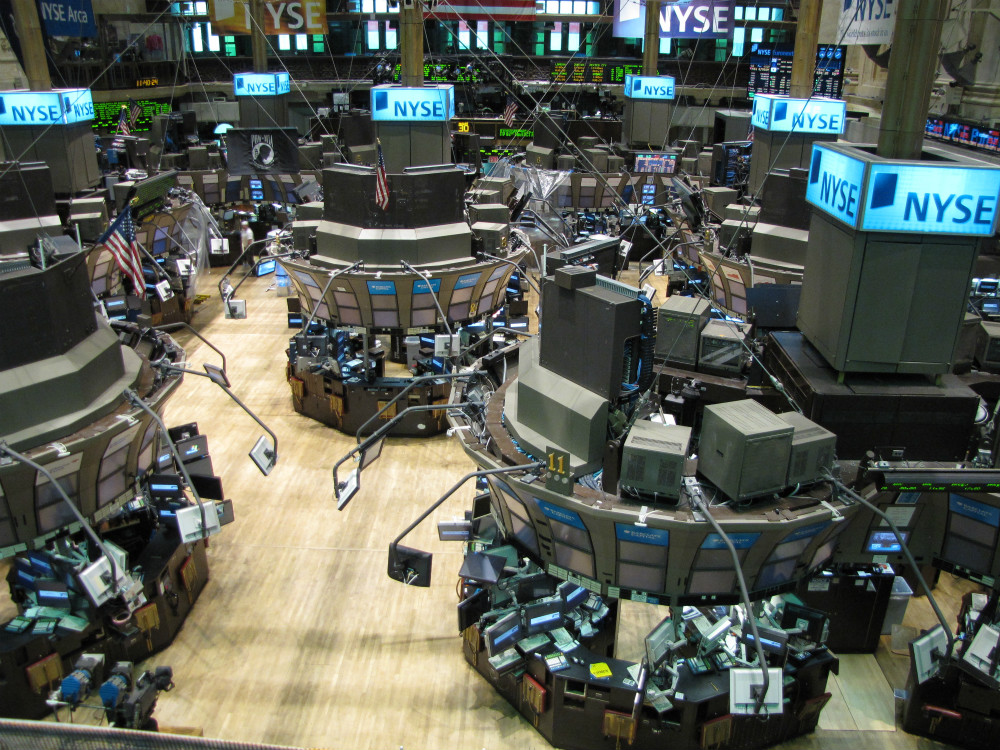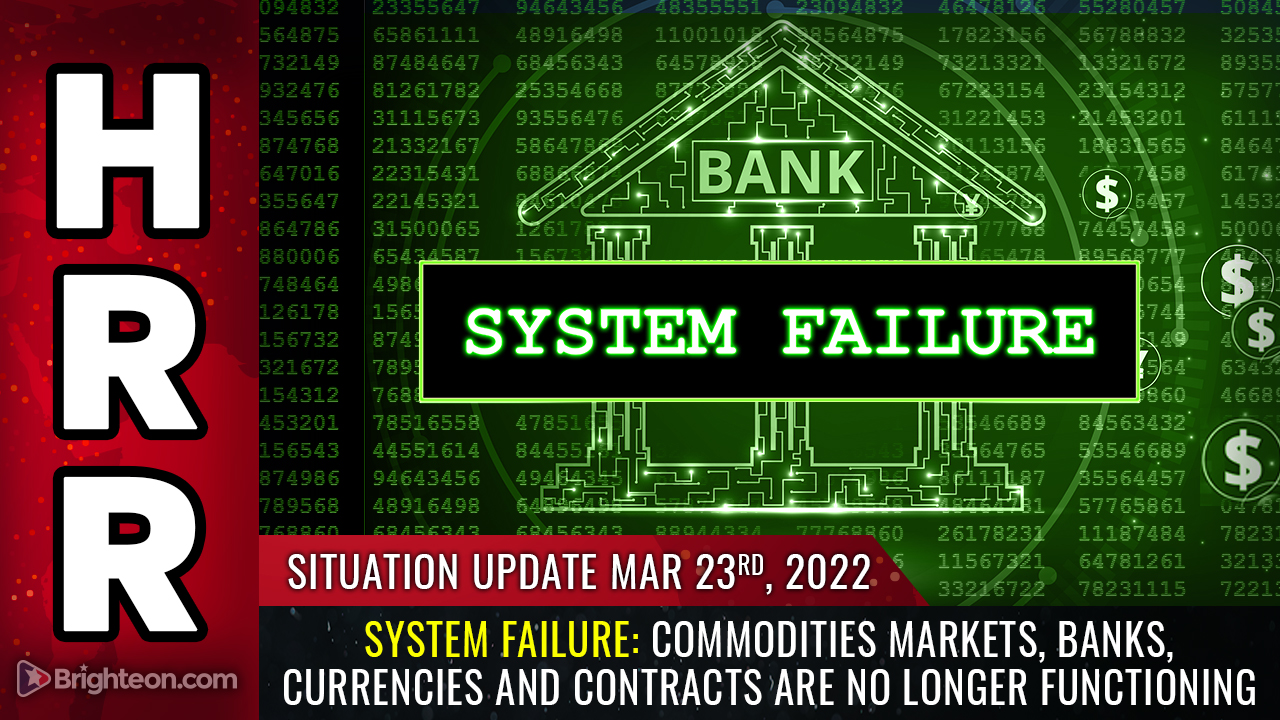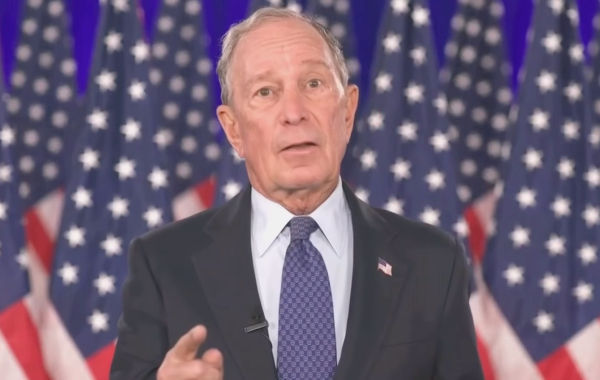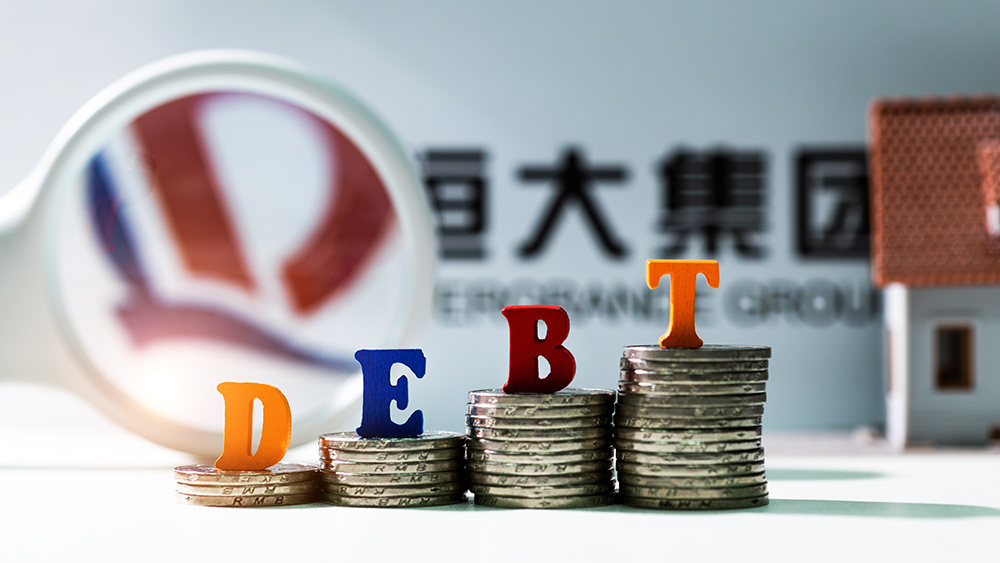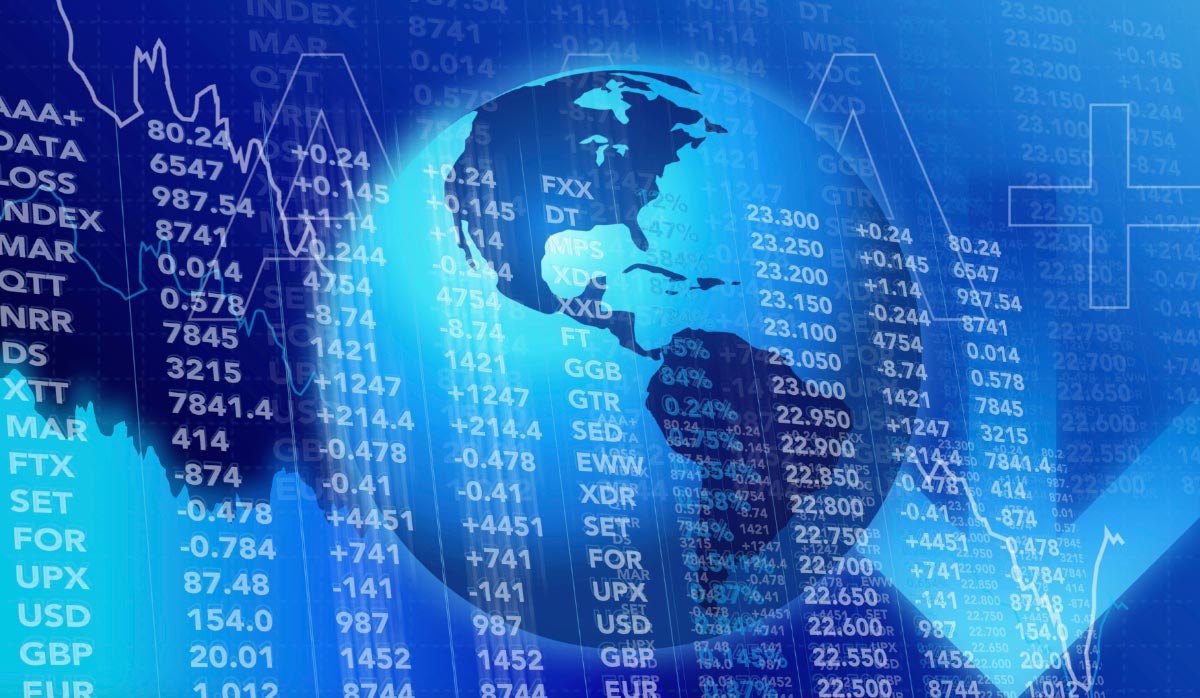Nickel market trading freeze and reversal of 5,000 trades proves that markets are RIGGED
03/25/2022 / By JD Heyes

A halt in trading of the commodity nickel earlier this month in response to massive manipulation by a Chinese investor provided fresh evidence that “the markets” aren’t real at all, and that the masters of the universe who control them can and do manipulate them to their advantage, screwing over ordinary investors who are simply trying to retire with a few bucks in their account.
As reported by the Epoch Times, the “London Metal Exchange’s (LME) extraordinary decision on March 8 to halt nickel trading after a short squeeze, triggered by a Chinese metal tycoon’s large short position, sent the commodity price skyrocketing to more than $100,000 a ton.”
The outlet went on to note that the stoppage will no doubt have long-lasting, far-reaching consequences for not just Chinese firms in global markets, but anyone who is still relying on a system of investment that is obviously rigged.
Christopher Balding, an economist and analyst of Chinese business affairs, noted that following Russia’s invasion of Ukraine, nickel prices – like prices for many other food and mineral commodities produced by both countries – have risen, in no small part because it is vital for the manufacture of electric vehicles, as well as other uses. Russia has heavy deposits of the precious metal, and now the country is bearing the brunt of massive economic sanctions imposed by the U.S. and Europe, among other Western nations.
The outlet added: “The spike in the commodity price frustrated a huge short position held by Xiang Guangda, founder of Tsingshan Holding Group, one of the world’s biggest nickel and stainless steel producers. Guangda bet that nickel prices would go down, not up.
“When nickel’s trading price surged dramatically in early March, Tsingshan struggled to pay margin calls, putting its creditors in a difficult position. The price rise was further fueled as brokers and bankers of Tsingshan rushed to buy back nickel contracts to stem losses. At its peak, prices shot up to a record $100,000 a ton.”
The LME halted nickel trading after a number of small brokers announced they were likely going to default if prices stayed at those record-high levels, the Wall Street Journal reported at the time. The stoppage was the first by the LME since it halted trading in 1988.
Now, Tsignshan is reportedly facing trading losses in the billions of dollars. The biggest counterparty to the hedged bet, JPMorgan Chase, was also exposed by about $1 billion, a separate report claimed.
Trading in nickel on the exchange was halted for more than a week; it tentatively resumed March 16, but only with daily lower and upper price limits in place. The Financial Times reported that the LME then canceled all 5,000 nickel trades that were worth almost $4 billion executed on March 8.
The exchange’s move to halt trading has caused “very serious concerns,” Balding noted, adding that the LME halted trading in the metal “basically to protect a specific Chinese company from incurring the losses … when the price of metals skyrocketed.”
“I suspect the reason it isn’t being talked about is because of the events in Ukraine,” he said in an interview with the Epoch Times. “This will absolutely prove a watershed moment, especially when governments are considering whether or not they should be allowing Chinese firms as key stakeholders in markets, whether they’re commodity or stock markets.”
He went on to say that the March 8 events were not just “a serious blow” to the LME but reverberations are likely to be felt in Chicago and New York markets as well, where investors have put their faith in “high-quality trading venues” that is supported by a sound, functioning legal system.
“I believe that in the days and weeks and months ahead that this would prove a very consequential and serious event as we look back, primarily in how financial traders and financial market participants treat the CCP’s [Chinese Communist Party] involvement in markets around the world,” Balding said.
“When they are currently leaning on the scales of a market to benefit certain Chinese parties, that tends to be frowned upon by market participants,” he added. “That’s going to have a significant impact on how countries view Chinese involvement in their markets in the future.”
If this incident does not prove again that globalists do whatever they want when it comes to market manipulations, nothing will.
Sources include:
Submit a correction >>
Tagged Under:
CCP, China, Chinese firm, commodities, finance, globalists, hedge investment, LME, London Metal Exchange, losses, markets, money, nickel, rigged, rigged markets, Rigged System, risk
This article may contain statements that reflect the opinion of the author
RECENT NEWS & ARTICLES
COPYRIGHT © 2017 RISK NEWS


